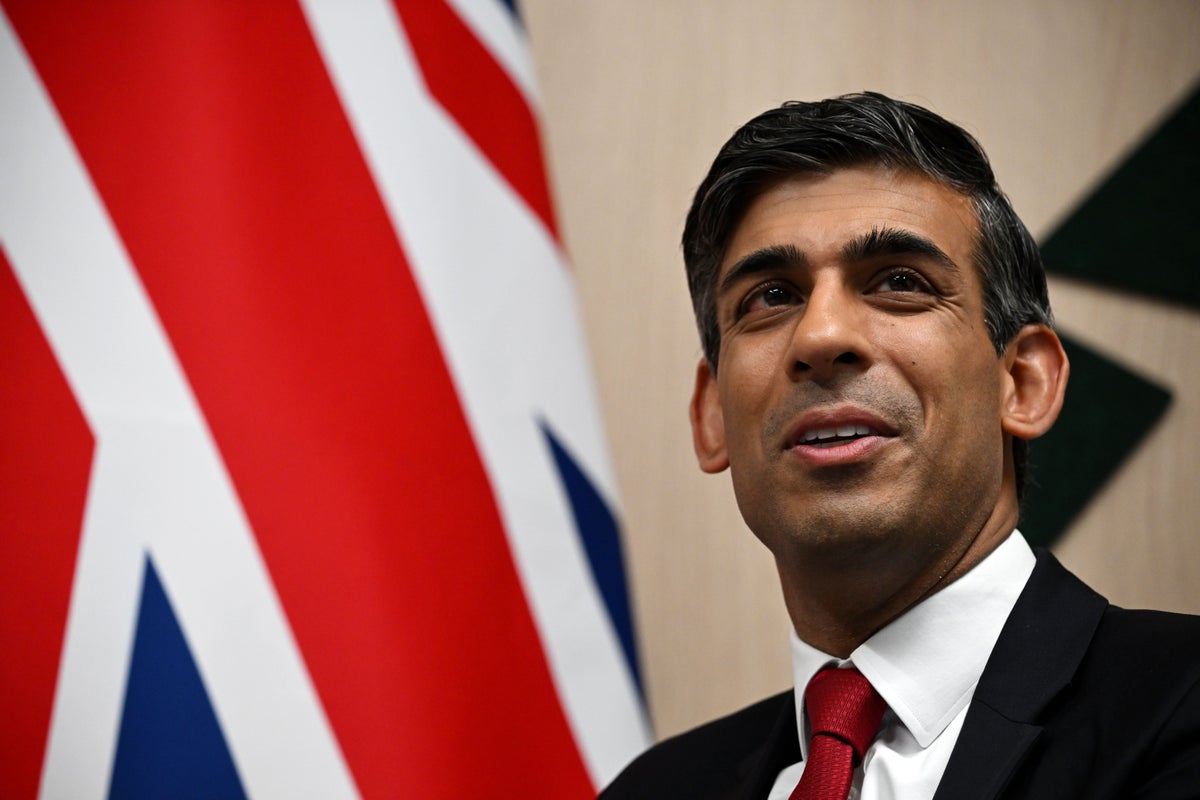
There will be no extra borrowing to pay for public sector wage rises and any increases must not risk fuelling inflation, a Treasury minister said.
The Government is still considering whether to accept the recommendations of pay review bodies to offer millions of workers rises of around 6% or risk further rows with unions by rejecting the suggestions on the grounds of affordability.
Final decisions are expected within days, with Rishi Sunak warning that “we all live within budgets” and he had to take a “responsible” approach to the public finances and the wider economic picture.
Treasury minister Victoria Atkins told ITV’s Good Morning Britain “no decisions have been made” yet.
She said Chancellor Jeremy Hunt and the Prime Minister “are looking incredibly carefully at the recommendations and the impacts that that may have, not just for individuals – really important, of course, that we have that at the top of our mind – but also wider implications for the economy”.
“So they will announce their decisions in due course,” she said.
“But the Chancellor has said this week that we have to be absolutely tireless in driving down inflation, because that’s what’s hurting all of us.”
With extra borrowing ruled out, the Government faces the prospect of offering lower pay settlements than recommended by the pay review bodies or raiding department budgets – possibly cutting public services – to offer wage wises.
Ms Atkins said: “We do have to ensure that when we’re making decisions, wider decisions about departmental spending, that we’re not relying on borrowing to fund those decisions.
“And so those are the sorts of considerations that the Prime Minister and theChancellor will be bearing in mind.”
Reports in The Times have suggested the independent review bodies have recommended that teachers should receive a 6.5% pay rise for 2023-24, while police officers, prison officers and junior doctors should all get 6% or more, at a potential cost in excess of £5 billion.
We all live within budgets, Government is no different to that, and we need to see what is affordable for Government and indeed the taxpayer because it is the taxpayer that is ultimately paying for all of this— Rishi Sunak
Speaking to reporters accompanying him on his visit to the Nato summit in Vilnius, the Prime Minister said the “typical” timeline would be for decisions to be announced before the Commons’ summer break, which begins on July 20.
The Prime Minister said: “What I would say is our general approach to these things is that I’m going to be guided by a couple of principles.
“The first is fairness. I want to make sure we are fair and reward our public sector workers for the fantastic work they do.
“Second is what is affordable. We all live within budgets, Government is no different to that, and we need to see what is affordable for Government and indeed the taxpayer because it is the taxpayer that is ultimately paying for all of this.
“And lastly it is what is responsible.
“Everyone can see the economic context that we’re in with inflation where it is – borrowing costs for Government, not just in the UK but across the world, are rising.
“We need to look at that context and then decide what is the right thing to do. That is not always easy but that is what being responsible looks like, and that is why we will take the time to get this right.”
Downing Street on Wednesday said that ministers would look at recommendations “in the round” and had not made a “final decision”.
Anger over below-inflation pay rises has fuelled a series of industrial disputes within public services.
Shadow Cabinet minister Lisa Nandy refused to say whether a Labour administration would accept the pay review body recommendations in full.
The shadow housing secretary said: “We haven’t seen them all and we would obviously look at them carefully. In the end it is for governments to decide, though.
“We want a much greater focus on retention and recruitment in the pay review body recommendations, because we think that is becoming the major problem and it isn’t just a question of wages for public sector workers, there’s also the problem of workload, which is why we’re losing a lot of people from professions like teaching.”







